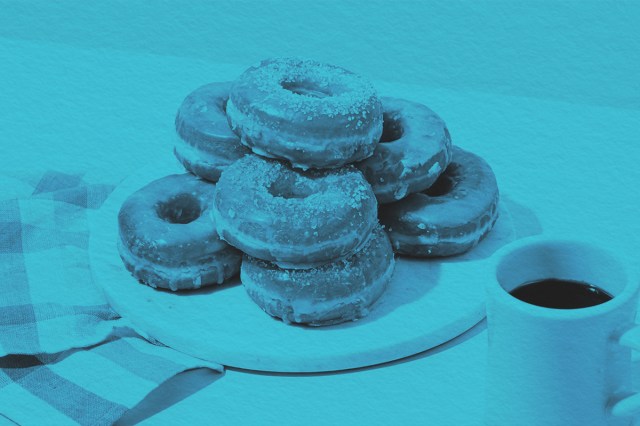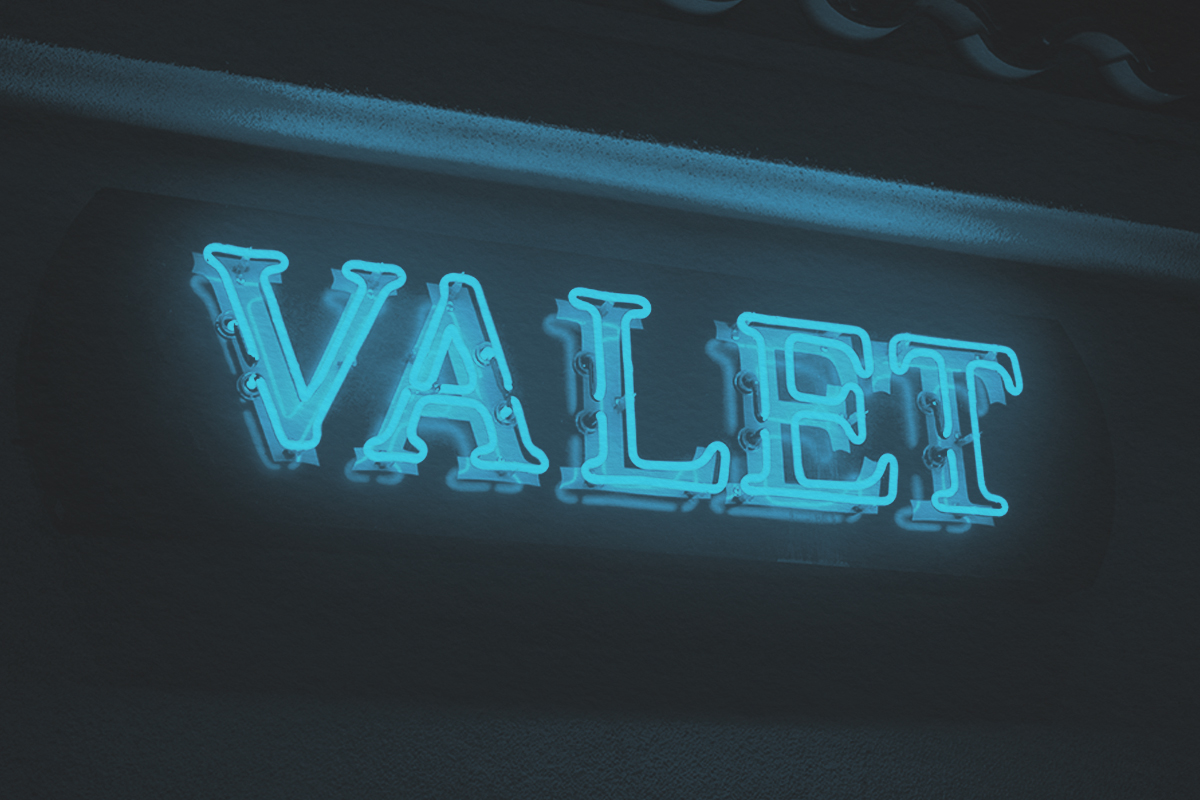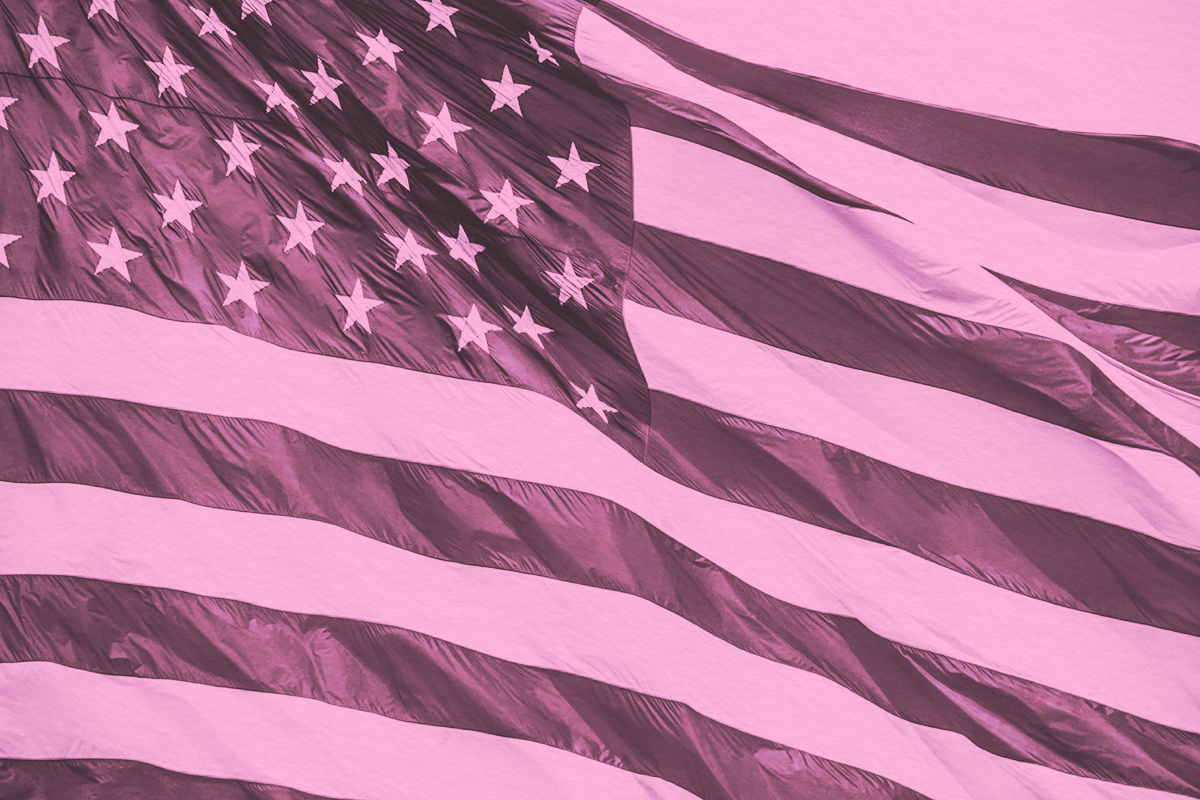
English is full of rules, but it’s also full of exceptions — even in spelling. Just when you think you’ve got it right, you run into a word with multiple “correct” versions. Some of these differences come down to geography (British English vs. American English is behind many of these distinctions), while others are the result of the natural evolution of language. Either way, in many of these examples, both versions are accepted by dictionaries; for others, there’s a clear correct version, depending on context. Bottom line: Choose the one that feels most natural or aligns with your audience. Consistency is the priority when both spellings are correct.
Many of the differences between British and American spelling exist because of Noah Webster’s A Compendious Dictionary of the English Language, the first American dictionary, published in 1806. In the spirit of the newly independent United States, Webster sought to liberate Americans from British spelling. He promoted more efficient spelling as a statement of patriotism. Thanks to him, “colour” became “color,” and the letter “u” dropped from many other words, including “favourite,” “neighbour,” and “labour.”
This is another classic divide between American and British English, thanks to Webster. In the U.K., the French-influenced “-re” spelling reigns, but in the U.S., Webster advocated for a spelling that matched pronunciation. One notable distinction here: Both “theater” and “theatre” are acceptable in American English, but each may carry slightly different connotations. “Theater” is used more generally, while “theatre” suggests a live performance or an academic context. So you might attend a Shakespeare play at a “theatre,” but catch a summer blockbuster at the “theater.” The same nuance tends to apply when the words are in the names of establishments.
British English uses “cancelled” with the double “l,” while American English typically goes with “canceled.” Strangely, both sides agree on “canceling” with a single “l,” but “cancellation” with two. Webster tried to drop an “l” — also changing “travelling” to “traveling” — in his efforts to make American English more efficient, even if it made things a bit more confusing.
Yes, this distinction is thanks to Webster, too. Words in the pattern of “organize,” “recognize,” and “analyze” are always spelled with a “z” in American English, while British English prefers the “s” versions: “organise,” “recognise,” and “analyse.” But here’s a twist: Some British dictionaries also accept the “z” spellings because the words derive from Greek roots that use “zeta.” Still, it’s safe to use the “s” form in the U.K., and the “z” in the U.S.
“Doughnut” is the original, but “donut” is the modern, shortened version. If you prefer your pastries with a dash of tradition, “doughnut” is still deliciously valid (and even preferred in some formal contexts).
“Grey” is the preferred spelling in the U.K., while “gray” is more common in the U.S. and preferred by major style guides. Think “e” for England and “a” for America. Or just pick a favorite and stay consistent — spellcheckers accept both.
Both spellings are correct in both American and British English. However, the U.K. strongly prefers “likeable,” while the U.S. prefers the shorter “likable.” Both are pronounced the same, even if the missing “e” makes it look like the latter might be pronounced “lick-a-ble.”
The original spelling is “duffel,” from the Belgian town of Duffel, where an oblong bag of thick cloth was first made in the 17th century. “Duffle” is a newer anglicized variation that is now widely accepted.
In much of the English-speaking world, “chilli” with two “l’s” is the preferred spelling for the pepper itself. In the U.S., “chili” can refer to both the pepper and the stew. Meanwhile, “chile” is a regional variation in the American Southwest (especially New Mexico) referring to both the pepper and regional dishes made with the local chile pepper. (The proper noun Chile is the name of a country in South America.) These distinctions matter, so tread carefully, especially if you’re writing a recipe, food label, or travel guide. Just don’t confuse any of these with “chilly,” which has nothing to do with food unless it’s refrigerated.
“Omelette” is the original French spelling, and it’s the standard in British English. Americans often drop the last two letters and go with “omelet.” There are many common misspellings including some or all of these same letters, but these two versions are correct. Either way, you’re getting eggs.
Like color and colour, this variation concerns that British “u.” “Glamour” is British, while “glamor” is the simplified American version; however, “glamour” still remains common in U.S. writing, including as the title of the American magazine Glamour. (The Associated Press also prefers the “ou” spelling.) The word “glamour” came from the Scottish word for “magic spell,” and survived in American English even after Webster’s campaign against the “u.”
This distinction isn’t geographic — just confusing. Both “adviser” and “advisor” are correct and used interchangeably. Some institutions and companies choose one over the other, but there’s no major difference in meaning. Consistency is key — pick a spelling and stick to it.

















